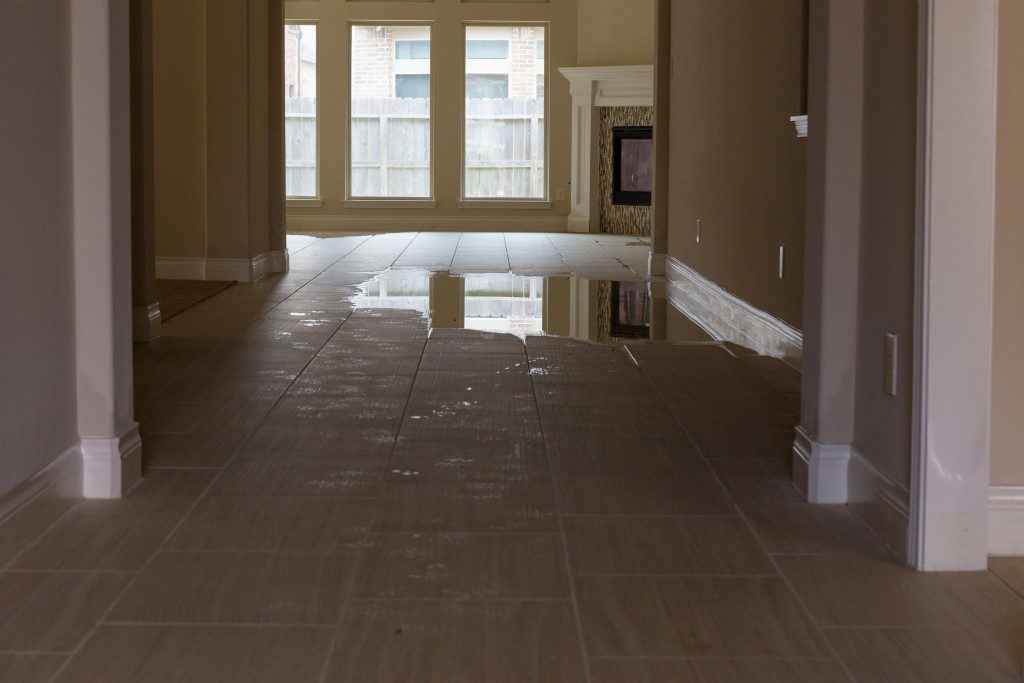As we usher in the colder seasons, you need to be aware of for the weather directly affects your home. The risk for water-related damage increases during the fall and winter months, which are often caused by a leaking pipe or a pipe that bursts due to temperature changes.
These incidents can be messy and result in thousands of dollars’ worth of property damage. Here’s checklist of things to do before fall and winter come:
Check and clean your gutters and downspouts
Your gutter system channels the water from rain storms away from your home, preventing it from backing up and causing water damage to the foundation of your house.
Check the gutters for any debris for any debris that can clog the gutter system, such as leaves, pine needles, and twigs. Clean the gutters with wet or dry vacuum or leaf blowers, and make sure that you remove all debris. Standing water can damage your gutters and roof, and an accidental overflow might create puddles that will damage your foundation. Clean the downspouts, as well, and secure them so that they point away from the house.
You need to clean the gutters and downspouts at least twice a year, especially right before winter, to avoid any blockage and ice dams. Cleaning your gutters and downspouts regularly is one of the best and cheapest ways to prevent water damage.
Disconnect all hoses
Disconnect all your hoses, especially the garden hose, since it has to remain functional if you are going to garden during winter. As the weather gets colder, standing water within the hose is likely to freeze up and stop the water flow. At worst, the blockage will cause water to back up and bust your pipes, damaging the structure’s walls, floor, and foundation.
Insulate your water pipes

If you live in places that experience chilly falls and colder winters, you need to keep the water pipes insulated to prevent them from cracking or even bursting. An easy way to insulate your pipes is to wrap them with foam rubber insulation to keep them from freezing up during winter. You can install the insulation yourself — simply cut the foam rubber to fit your water pipes and peel away the adhesive to stick it around the pipes. Insulating hot water pipes helps you save energy, as well.
You also have to locate your water main or “stop tap”, so you can shut off the water quickly and contain the water damage in case your pipe bursts. Get the contact details of a local plumber, especially if you live in a region with harsh winters. In Utah, for example, you never know when you will need an emergency plumber in Salt Lake City.
Keep your furnace running
Whatever you do, never turn off your furnace during the winter, or you will be placing your pipes at further risk of freezing. Keep your furnace set to a minimum of 55 degrees 24/7. If you are leaving home for several days, turn off the water and drain your lines, but keep the furnace on.
The losses and claims that arise from water damage cost a lot but these methods will protect you from such a catastrophe. Make these tasks a habit whenever the months grow cold and never drop any of them to keep water damage at bay.




